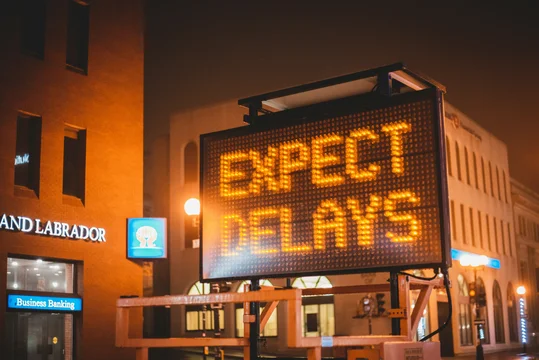
Don't let your discovery motions sit! We got another opinion this month denying a discovery motion in part due to a party's delay, this time from visiting Judge Bibas of the Third Circuit:
ORAL ORDER: I DENY Vertex's motion to strike, D.I. 178 . I apply the Pennypack factors: (1) the surprise or prejudice to Vertex; (2) the ability of Vertex to cure the prejudice; (3) the likelihood of disruption of trial; (4) the bad faith or willfulness involved in not complying with the disclosure rules; and (5) the importance of the evidence sought to be excluded. Meyers v. Pennypack Woods Home Ownership Ass'n, 559 F.2d 894, 90405 (3d Cir. 1977). Lupin had disclosed enough that …









